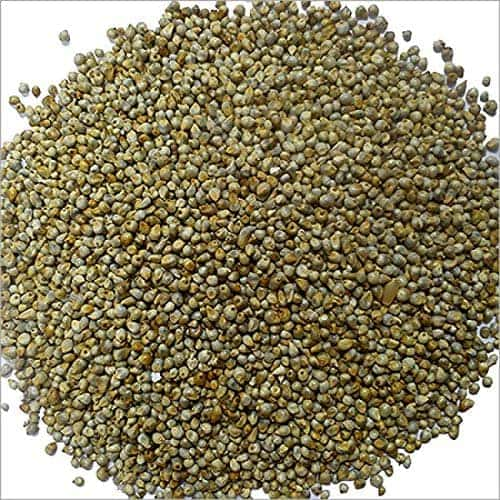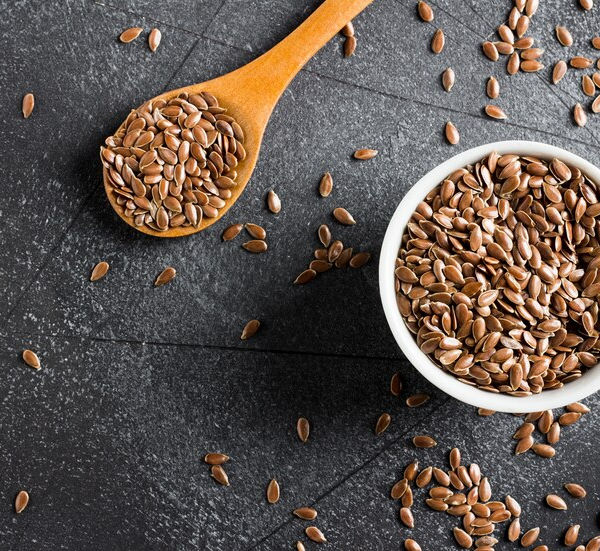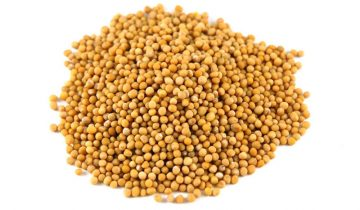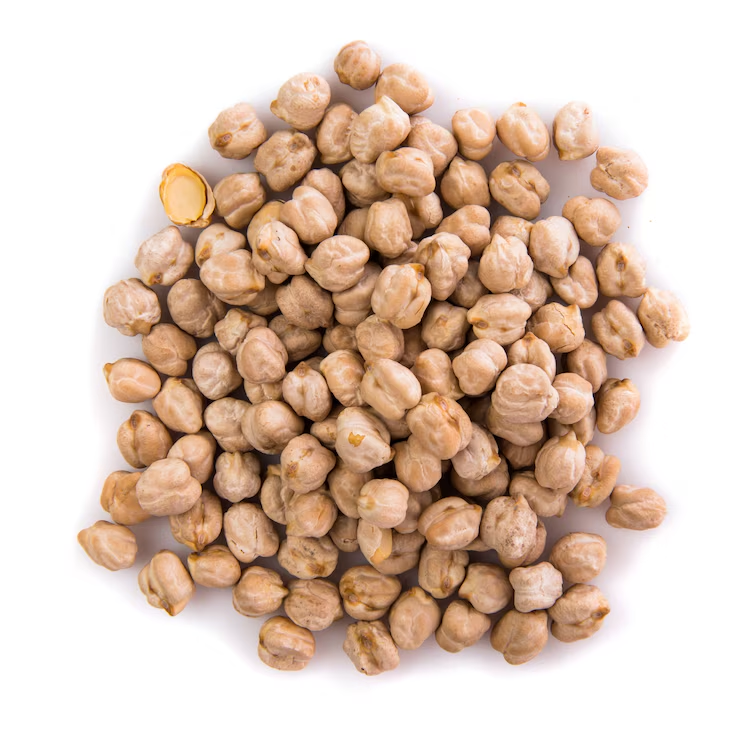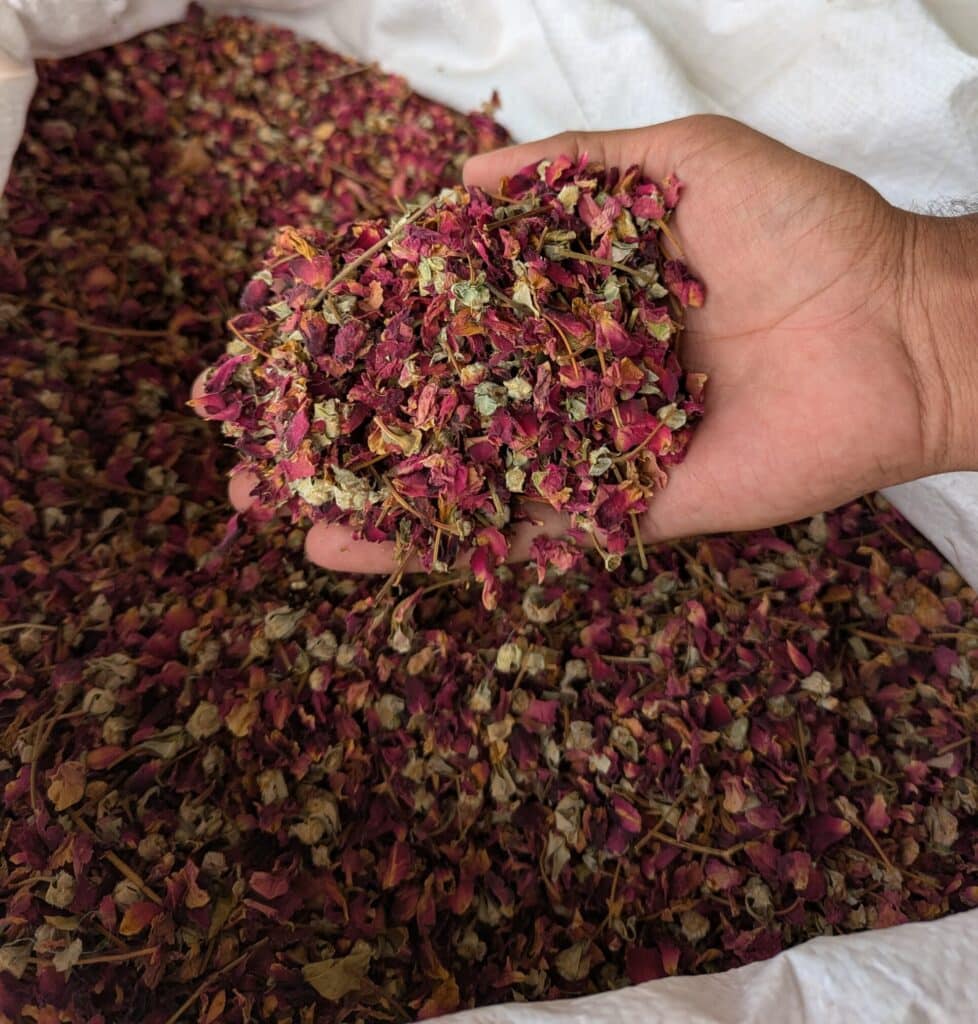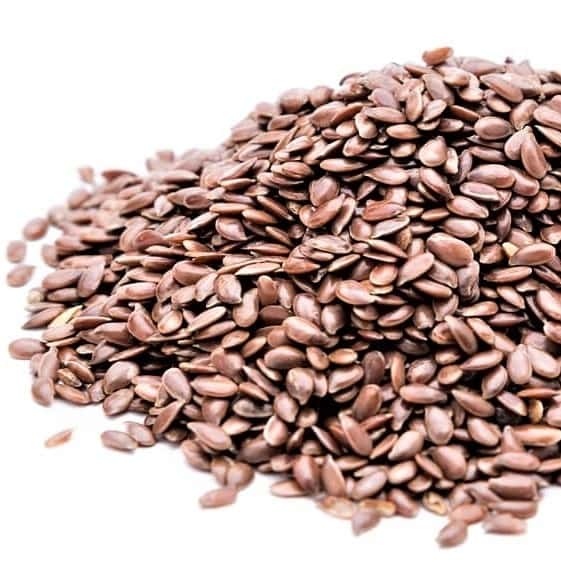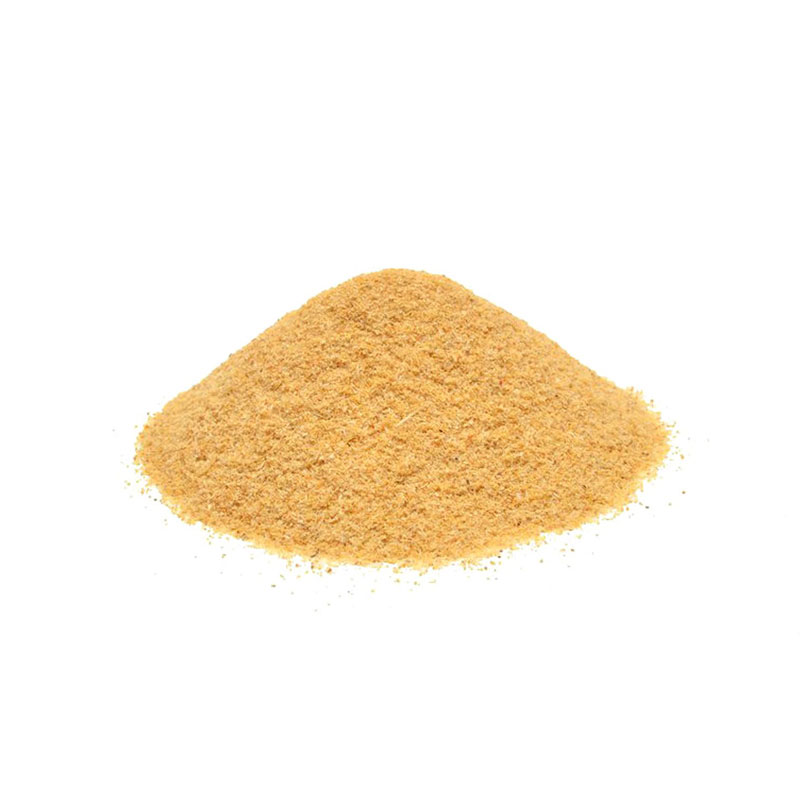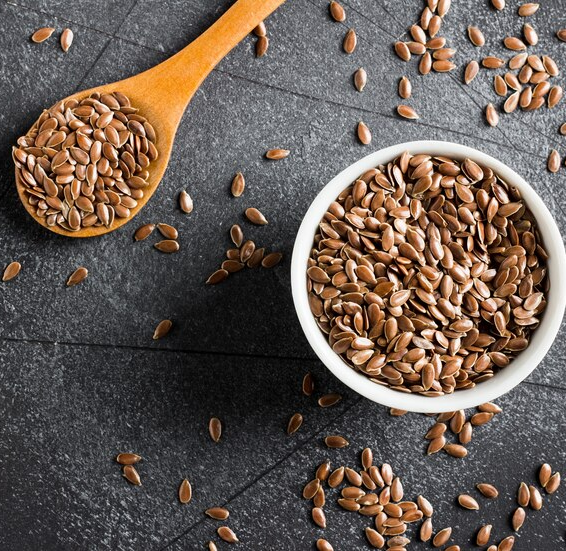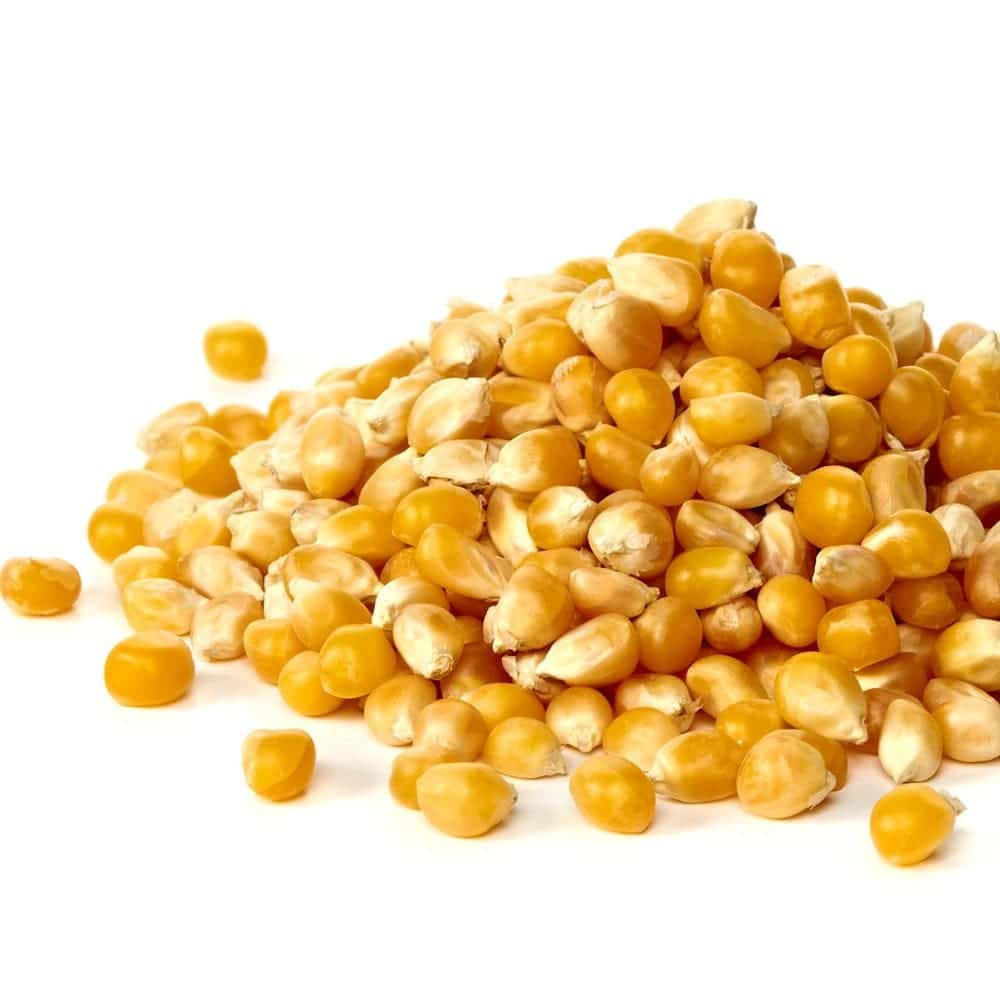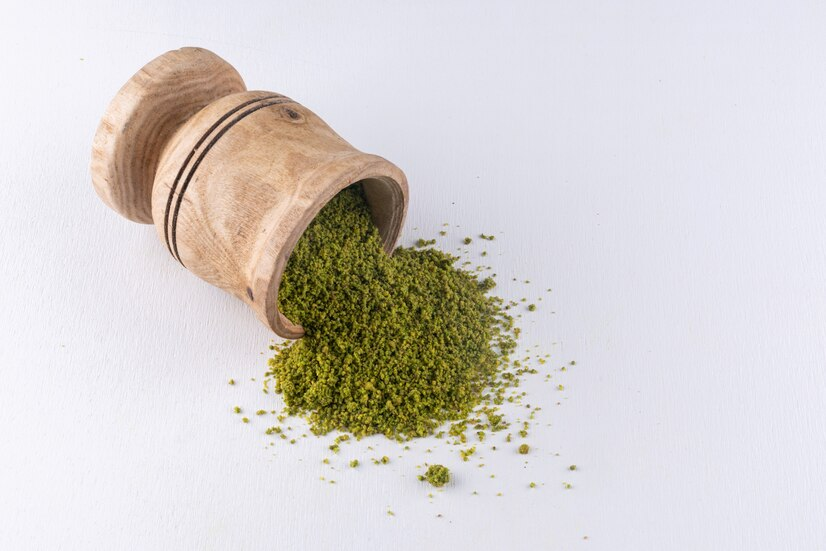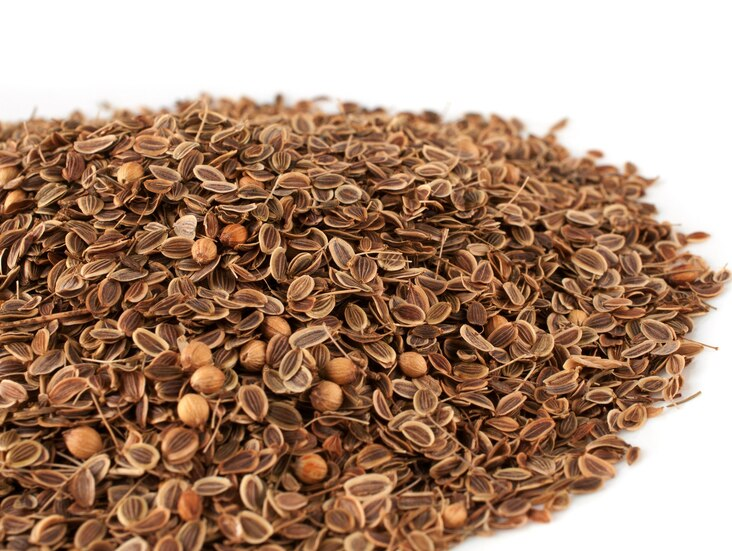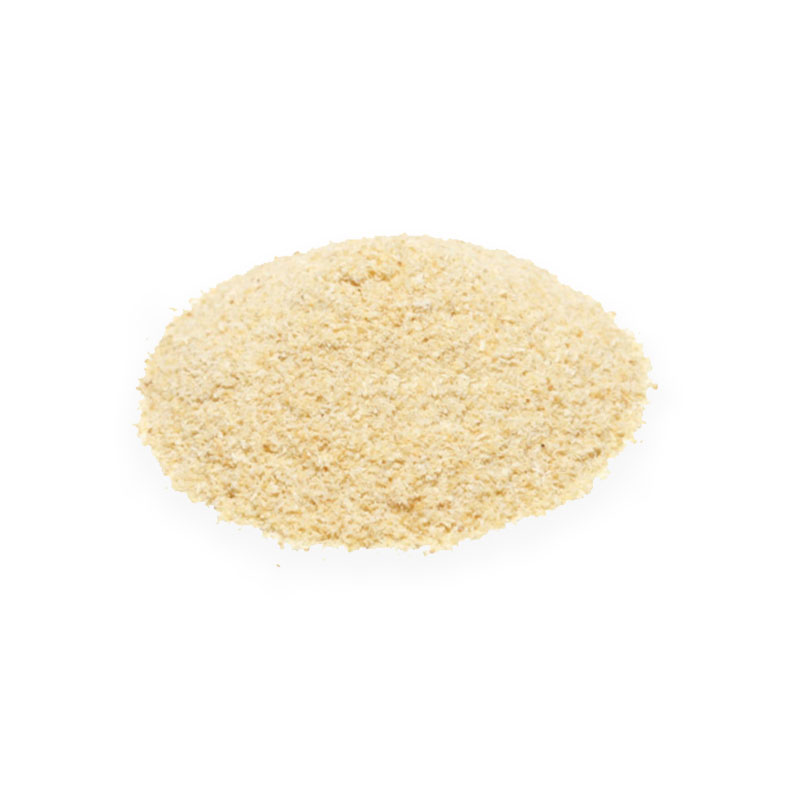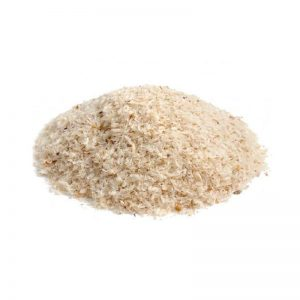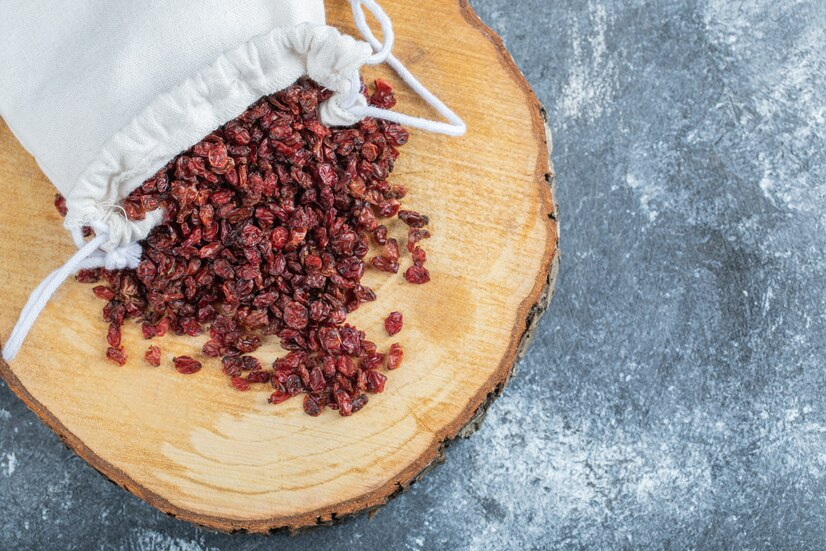Mustard seed
Details:
| OTHER NAME | : | Sarson, Rai, Indian colza |
| BOTANICAL NAME
HSN CODE |
:
: |
Brassica nigra
12075090 |
| SYNONYMS | : | Brassica juncea, Sinapis hirta |
| PLANT FAMILY | : | Brassicaceae |
| PART USED | : | seeds |
Mustard seeds are small, round seeds from various mustard plants, highly prized both as a spice and for oil extraction. In India, mustard has deep cultural and culinary significance, widely used in cooking, pickling, and traditional medicine. Different types (black, brown, yellow) offer varying flavor profiles, from sharp and pungent to mild and sweet, making them essential ingredients in world cuisines.
1-Glucosinolates (Sinigrin, Sinalbin): Break down to form pungent compounds with antimicrobial properties.
2-Essential Oils (Allyl isothiocyanate): Responsible for strong flavor and medicinal benefits.
3-Fatty Acids (Erucic acid, Oleic acid): Found in mustard oil, supporting heart and skin health.
4-Proteins: About 28–36% protein content, supporting nutritional value.
5-Flavonoids and Phenolic Compounds: Provide antioxidant and anti-inflammatory effects.
6-Vitamins and Minerals (Selenium, Magnesium, Manganese, Vitamin A, Vitamin C): Contribute to overall wellness.
2-Essential Oils (Allyl isothiocyanate): Responsible for strong flavor and medicinal benefits.
3-Fatty Acids (Erucic acid, Oleic acid): Found in mustard oil, supporting heart and skin health.
4-Proteins: About 28–36% protein content, supporting nutritional value.
5-Flavonoids and Phenolic Compounds: Provide antioxidant and anti-inflammatory effects.
6-Vitamins and Minerals (Selenium, Magnesium, Manganese, Vitamin A, Vitamin C): Contribute to overall wellness.
1-Widely used as a spice in curries, pickles, salad dressings, and condiments.
2-Seeds are cold-pressed to extract mustard oil, highly valued for cooking and therapeutic massage.
3-Used in traditional Ayurvedic and Unani medicine for digestive, anti-inflammatory, and antimicrobial treatments.
4-Incorporated into preservatives and natural pesticides for organic farming.
5-Used in cosmetic and skincare products for hair strengthening and skin nourishment.
2-Seeds are cold-pressed to extract mustard oil, highly valued for cooking and therapeutic massage.
3-Used in traditional Ayurvedic and Unani medicine for digestive, anti-inflammatory, and antimicrobial treatments.
4-Incorporated into preservatives and natural pesticides for organic farming.
5-Used in cosmetic and skincare products for hair strengthening and skin nourishment.

